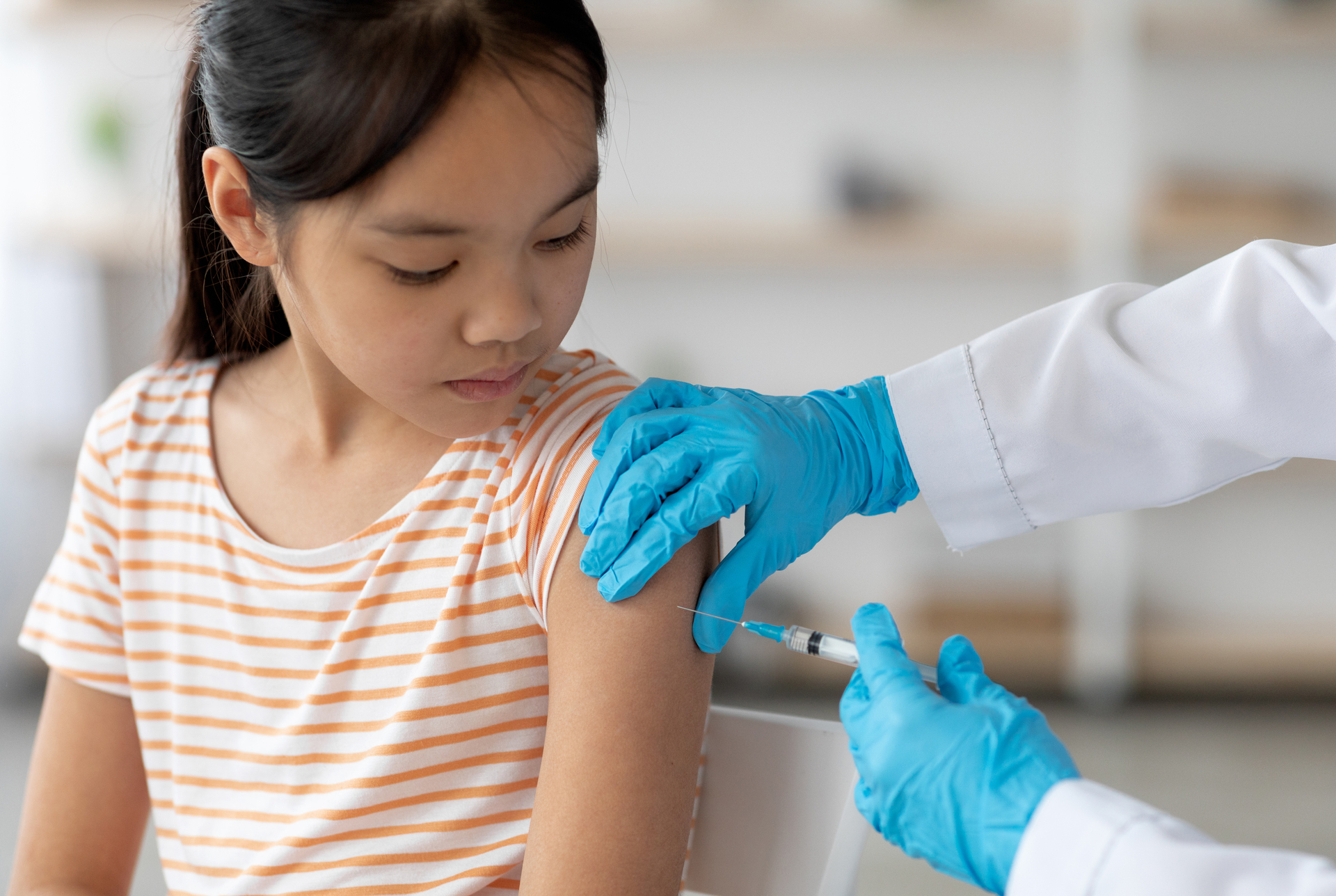The US has seen a record high number of measles cases in 2025, the highest since the disease was declared eliminated in 2000. Vaccination rates for young children have dropped significantly in over 30 states for vaccines such as measles, mumps, rubella, chickenpox, polio, and whooping cough, according to data from the US Centers for Disease Control and Prevention (CDC).
Dr. Leana Wen, associate professor at George Washington University, said declining vaccination rates could lead to the resurgence of eradicated diseases. For example, polio has returned to war-torn countries where childhood vaccination programs have been disrupted, and measles has reappeared in countries with low vaccination rates.
A study published in the medical journal Jama on 24/4 projected that a 10% drop in measles-mumps-rubella (MMR) vaccination rates could lead to over 11 million measles cases in the US within 25 years. A 50% decline in routine childhood vaccinations could result in 51 million measles cases, 9.9 million rubella cases, and 4.3 million polio cases.
The study also predicted the impact of these outbreaks. An estimated 10.3 million Americans could be hospitalized, with 159,200 deaths, 5,400 cases of paralysis due to polio, and 51,200 individuals experiencing neurological complications from measles.
 |
Illustration of child vaccination. Photo: Vecteezy |
Illustration of child vaccination. Photo: Vecteezy
According to Dr. Wen, there are three reasons why vaccinated individuals should still be concerned about declining vaccination rates. First, no vaccine is 100% effective. For instance, two doses of the MMR vaccine offer 97% protection against measles, meaning there's still a chance of infection. However, vaccination is still recommended as it significantly reduces infections and the risk of severe illness.
Second, vaccine effectiveness diminishes over time. According to the CDC, immunity to whooping cough begins to wane a few years after vaccination. Those vaccinated in childhood who don't receive booster shots as adults are still at risk.
Third, some individuals cannot be vaccinated due to specific medical conditions. Those with weakened immune systems, for example, cannot receive the MMR vaccine, and certain conditions can reduce vaccine effectiveness. These individuals rely on the rest of society to help prevent outbreaks.
When community immunity declines, infants, immunocompromised individuals, and the elderly are most vulnerable. Infants are too young to be vaccinated, and even a mild cold can lead to hospitalization. Immunocompromised individuals, such as cancer patients, transplant recipients, and those taking immunosuppressants, face a high risk of severe illness if exposed to these diseases. The elderly are often more susceptible to severe illness and complications due to underlying health conditions.
Therefore, Dr. Wen recommends everyone receive all recommended vaccinations. Those eligible for booster shots should consider getting them and take appropriate preventive measures.
"The entire concept of community immunity depends on us working together to prevent outbreaks and protect those around us, especially those most vulnerable to severe illness and death," Dr. Wen emphasized.
Chi Le (According to CNN)












